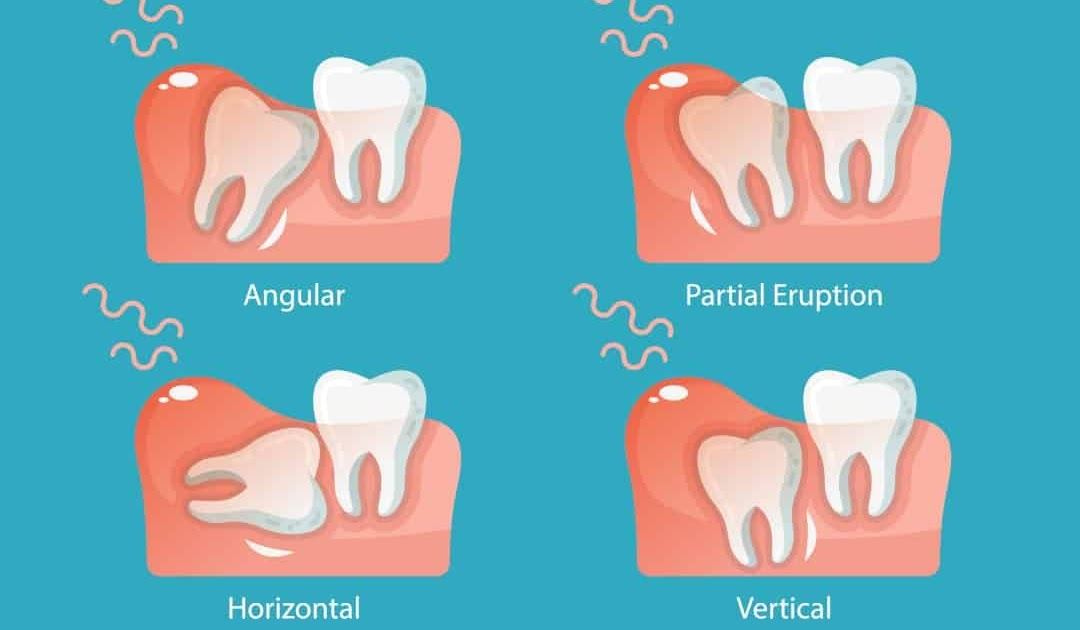Wisdom teeth, or third molars, are the last set of molars that typically emerge in late adolescence or early adulthood. While some people have no issues with their wisdom teeth, others may experience a variety of problems that can lead to dental and orthodontic concerns. One common question is whether wisdom teeth require orthodontic correction. This article explores the various aspects of wisdom teeth and their potential need for orthodontic intervention.
What Are Wisdom Teeth?
Wisdom teeth are the third and final set of molars that usually appear between the ages of 17 and 25. Most people have four wisdom teeth, one in each corner of the mouth. However, some individuals may have fewer, more, or even none at all. These teeth were useful for our ancestors, who had larger jaws and needed extra molars to chew tough, fibrous food. Over time, human jaws have become smaller due to dietary and evolutionary changes, making room for wisdom teeth a common issue.
Common Problems with Wisdom Teeth
Wisdom teeth can cause a range of problems, including:
Impaction: This occurs when the teeth do not have enough room to emerge or develop normally. Impacted wisdom teeth can grow at various angles, even horizontally, and may not fully emerge from the gum line.
Overcrowding: As wisdom teeth try to erupt, they can push against other teeth, causing overcrowding and misalignment.
Infection: Partially erupted wisdom teeth can create a flap of gum tissue where food particles and bacteria can get trapped, leading to pericoronitis, an infection of the gum around the tooth.
Decay and Gum Disease: Wisdom teeth are located at the back of the mouth, making them harder to clean. This can lead to cavities and gum disease.
SEE ALSO: What Are Orthodontic Bridges And Their Types
Do Wisdom Teeth Need to Be Corrected?
Fully erupted and properly positioned wisdom teeth do not need to removed unless they are decayed or challenging to clean. If your wisdom tooth is deeply buried (fully encased in bone), it may not be necessary to remove it since it will not cause food trapping.
Orthodontic Concerns Related to Wisdom Teeth
Do Wisdom Teeth Cause Misalignment?
One of the primary orthodontic concerns related to wisdom teeth is whether they cause misalignment of other teeth. While wisdom teeth can contribute to overcrowding, research suggests that they are not the sole cause of dental misalignment.
Teeth naturally shift over time due to factors such as aging, genetics, and habits like grinding or clenching. However, in some cases, the pressure exerted by erupting wisdom teeth can exacerbate existing alignment issues.
Impact on Orthodontic Treatment
For individuals undergoing orthodontic treatment, such as braces or aligners, the presence of wisdom teeth can be a concern. Orthodontists may recommend the removal of wisdom teeth before or during treatment to prevent potential complications. The decision depends on various factors, including the position of the wisdom teeth, the overall alignment of the teeth, and the age of the patient.
When to Consider Wisdom Teeth Removal
Indicators for Extraction
Not all wisdom teeth need to be removed. However, extraction may be recommended if:
Impaction: Impacted wisdom teeth that cause pain, infection, or damage to adjacent teeth often need to be removed.
Overcrowding: If wisdom teeth are causing overcrowding or are likely to disrupt the alignment achieved by orthodontic treatment, extraction may be necessary.
Decay or Gum Disease: Wisdom teeth that are prone to cavities or gum disease due to their position and difficulty in cleaning might be extracted to prevent further dental issues.
Cysts or Tumors: In rare cases, impacted wisdom teeth can lead to the formation of cysts or tumors, which can damage the jawbone and nearby teeth.
Timing of Extraction
The timing of wisdom teeth extraction can vary. Some dentists and oral surgeons recommend removing wisdom teeth during the teenage years, even if they are not causing problems, as the roots are not fully developed, making extraction easier and recovery quicker. Others prefer a more conservative approach, monitoring the teeth and removing them only if issues arise.
The Role of Orthodontics in Wisdom Teeth Management
Pre-Orthodontic Evaluation
Before starting orthodontic treatment, a thorough evaluation, including X-rays, is conducted to assess the position and health of the wisdom teeth. This helps in creating a comprehensive treatment plan that considers potential future issues with wisdom teeth.
Orthodontic Treatment and Wisdom Teeth
During orthodontic treatment, wisdom teeth are monitored closely. If they begin to cause problems or are likely to interfere with the results of the treatment, extraction may be advised. In some cases, orthodontic appliances may need to be adjusted or replaced after wisdom teeth removal to ensure the best possible outcome.
Post-Orthodontic Monitoring
After orthodontic treatment, regular dental check-ups are essential to monitor the position of wisdom teeth and overall dental health. Retainers or other orthodontic devices may be used to maintain alignment, and wisdom teeth may be removed if they threaten to disrupt the achieved alignment.
Alternatives to Extraction
Retaining Wisdom Teeth
In some cases, wisdom teeth can be retained without causing issues. This is more likely if they:
Erupt fully and align properly with the other teeth.
Are healthy and free of decay or gum disease.
Do not cause pain, infection, or damage to adjacent teeth.
Conclusion
The question of whether wisdom teeth are orthodontic in nature is complex. While wisdom teeth themselves are not inherently orthodontic, their presence and the issues they can cause often intersect with orthodontic concerns. Whether or not to correct or remove wisdom teeth depends on individual circumstances, including the position of the teeth, the presence of symptoms, and the impact on overall dental health.

